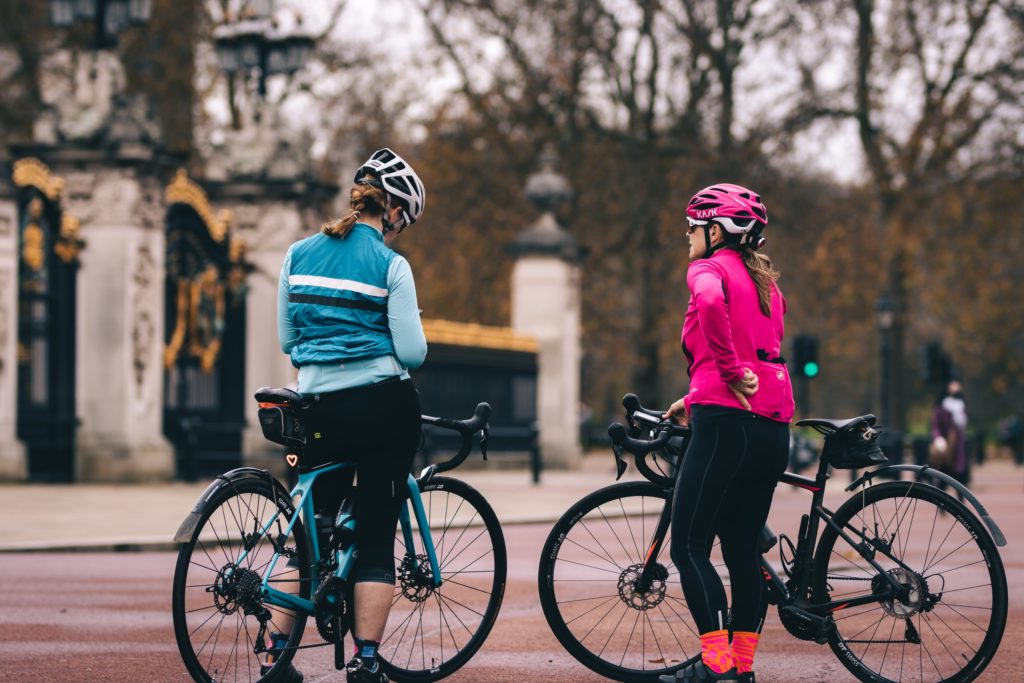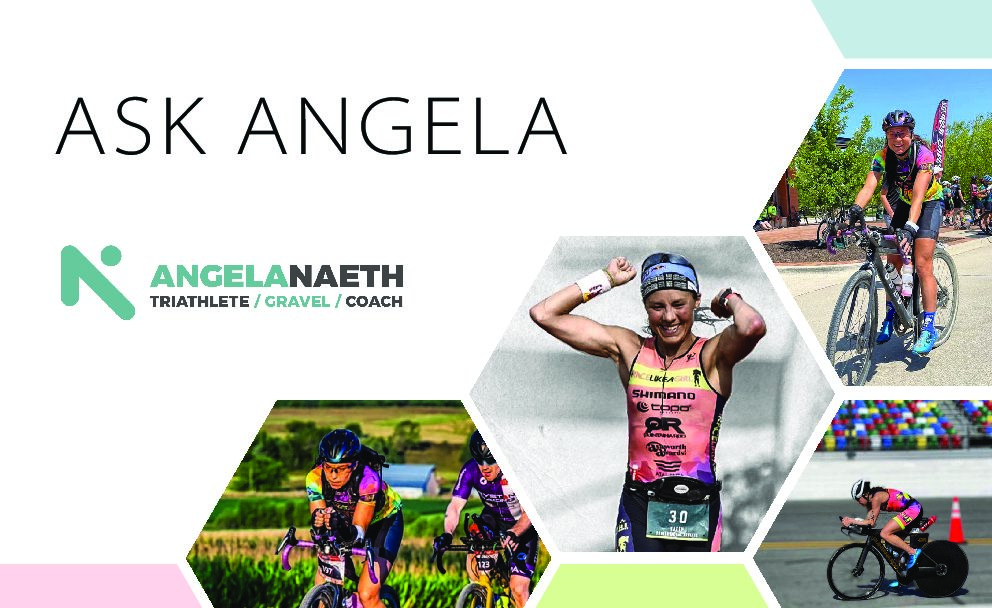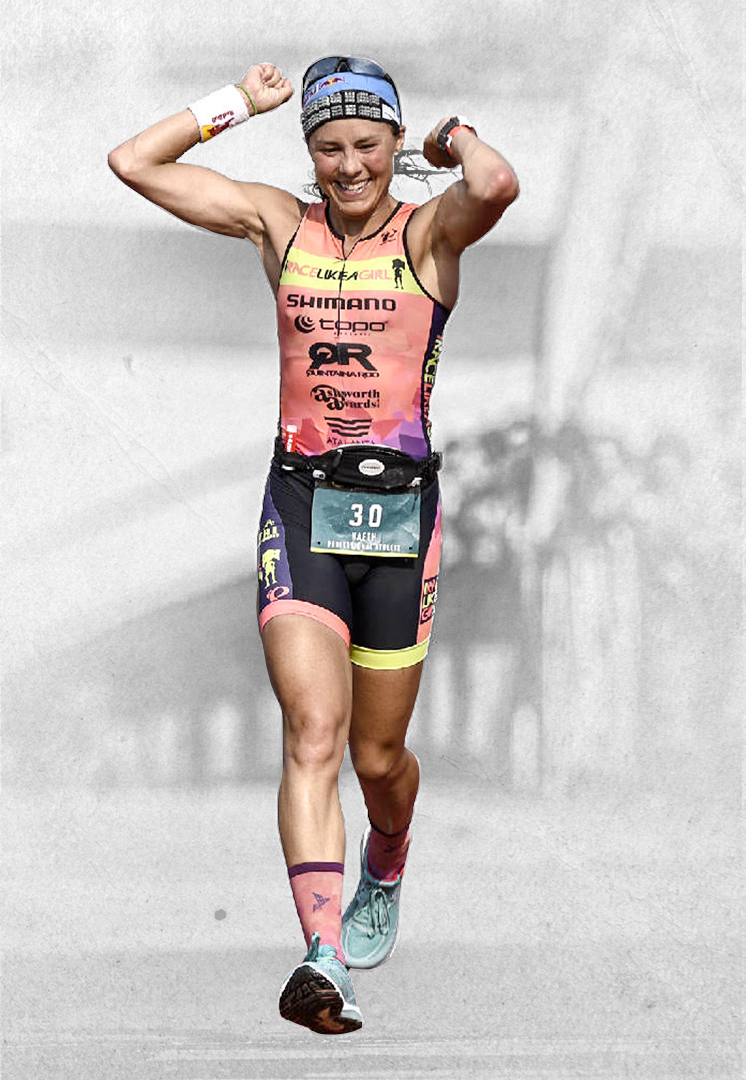The Coach – Athlete Relationship

The coach-athlete relationship, for both parties, is one of the most important aspects for success. A mutual trusting and respectful relationship is where one knows what each expects from the other. You learn and understand how to communicate, and maximize the relationship. Communication is an art – that comes from both the athlete and the coach.
As a coach, my goal is to motivate my athletes and provide them enough information to maximize their potential in the sport. And every athlete is different; different personalities, different goals, lifestyles, needs and skills. I asked one of my current athletes how she works with her coach (me!)
HOW I WORK WITH MY COACH
“How do I work with my coach? We work together in a virtual environment. She uploads the plan and we track it through training peaks. Our communication is through text and email but we also have the option to chat or Zoom. What I need to bring as an athlete? I need to be willing to be all in. That includes trusting the her process and methods, openness to try new types of training (i.e. HR monitoring), and just giving 100%. If, I as an athlete, aren’t willing to give it my all then what’s the point? How will my coach know if the methods are/aren’t working. By following the plan and being all in we are able to create progress.”
WHAT SHOULD THE COACH BRING
As I coach, I need to be an expert in the sport. I also need to understand that particular athlete’s goals. From there, I can make individualized training plans that take into account: their goals, current fitness, and where we, as a team, are headed. I need to be honest and when warranted provide a kick in the ass. That being said, I also have to be flexible to modify training when things come up (illness, injury, etc.) When those things happen, I have to have the knowledge of how best to work around them and get back on track.
I like to let the athlete know if they are on track and meeting expectations. If not, I will bring that to the athlete’s attention and determine the best next steps. Beyond a training plan, I help with race nutrition and race plans/pacing. When all is said and done, I am also there as a sounding board.
MY PERSONAL RELATIONSHIP WITH MY COACH
With my personal coach, I have developed a relationship overtime and have learned how he takes in information and data, and how I can relay my needs. Overall, communication that works for you and your coach is what is key and important (alongside of course, the experience and expertise that coach can bring to your training).
It is inevitable that there will be a degree of misalignment from time to time. When this occurs, it is particularly important to discuss the plan going forward to ensure that clarity, respect, and trust are maintained. Once these are lost, it is difficult to get them back. The coach – athlete relationship is now compromised. Mistrust can begin to grow and going in separate ways may be the best course of action. One of the best ways to avoid that is to have an open and honest relationship through consistent communication.
For Coaches:
- Get to know your athletes, their lifestyles, how they “tick”, what is motivating to them.
- Check in often.
- Make it clear your needs to be a successful coach for them.
For Athletes:
- Be open with your needs and what you want.
- Help your coach, help you! I tell my athletes they can contact me anytime via text, phone or email. I put it on the athletes to connect with me and I’m there.
- Give the relationship and time you work with your coach some time. I find I don’t get to know an athlete until 2-3 months has gone by.
If you’re looking for a running, triathlon or cycling coach, I have options for all three, along with 1-on-1 coaching, training plans and programs that are individualized. Happy to get on a call and see if our coach – athlete relationship is a fit. Visit my site by CLICKING HERE
Advertisement


Angela Naeth’s experience includes being a 3x Ironman Champion, 36+ podium places at the 70.3 distance and 8th at the Ironman World Championships in 2018. Her educational background includes a Master’s degree in Physical Therapy and Bachelor’s in Health Sciences. Angela continues to pursue her career as a professional triathlete, is the founder of an all women’s endurance team and coach’s others to achieve their athletic pursuits. Her passion is to inspire and support Women In Sport.








